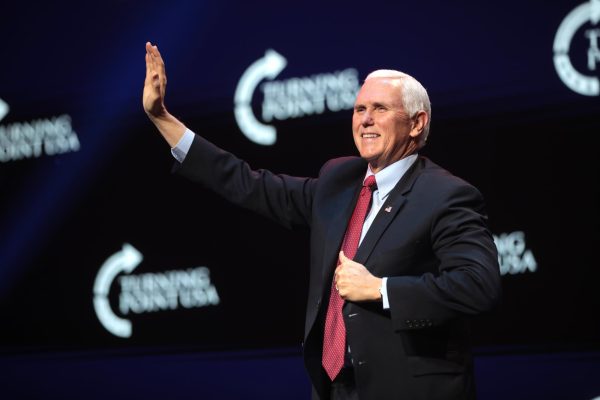Political Perspectives: President Trump and the Medicare discussion
Americans are concerned about the future of their health insurance since President Trump’s recent executive order, which in part promises to “take all actions consistent with law to minimize the unwarranted economic and regulatory burdens” of the Affordable Care Act, according to White House press release of the document.
Despite the Republican sweep of the White House, Senate, and House of Representatives, the issue of drug costs remains bipartisan, at least in so far as allowing Medicare to negotiate prescription drug prices with drug companies – something that would save citizens and our government upwards of $49 billion dollars over the next decade. These subjects have risen to a panic nationwide.
As of now, Medicare is the only form of American health insurance without the capacity to negotiate the costs of medication. While Medicare pays the initial offering price from a pharmaceutical, Medicaid and the Veterans Association delegate the job to the Secretary of Health and Human Services to negotiate prices of prescription drugs. According to the NY Times, rates for the same drugs under each Medicaid and the Veterans Association hover around 40% of what Medicare pays.
When George W. Bush signed the Medicare Modernization Act of 2003 into law, the federal government was prohibited from negotiating drug prices because it was pushed through by Republicans, who were financed by Big Pharmaceutical. Drug manufacturers, by financing Senate and House Republican campaigns, successfully stripped Medicare’s negotiating rights.
Today, our United States representatives must choose to value the lives of American citizens more than money, and put up a front against pharmaceutical companies. OpenSecrets.org, an organization dedicated to the discovery of how much money companies put into their lobbying efforts, reported that Pharma companies spent over $231 million on lobbying last year, more than any other industry in the last ten years, faithful in the return on their investment: Medicare patients paying more for their medicine.
Democratic Senator Amy Klobucharand Republican Senator John McCain have both taken an aggressive stance on this issue, stating that in the grand scheme of it all, the money paid to the pharmaceutical companies is coming out of the taxpayers pockets. Senator Klobuchar’s website provides the specific example of the Epipen, a drug her daughter consistently uses to stay alive, which rose in price nearly 500% in the last ten years, even though the cost to make it has stayed consistent.
President Trump should know that since Medicare is the largest consumer of health care products in the world, the negotiating power of Medicare would be unparalleled. Allowing Medicare to pay reasonable prescription prices would save the United States upwards of $14 billion annually, the National Committee to Preserve Social Security and Medicare estimates, generate increased demand for prescription drugs, and encourage competition in the market.
In light of the constant fear of Americans losing their health insurance, or their premiums being more than they can pay for, President Trump should become a proactive soldier in fighting against pharmaceutical companies for the needs of our country’s ailing citizens if he himself wants to do his part in “minimizing unwanted economic burdens.













